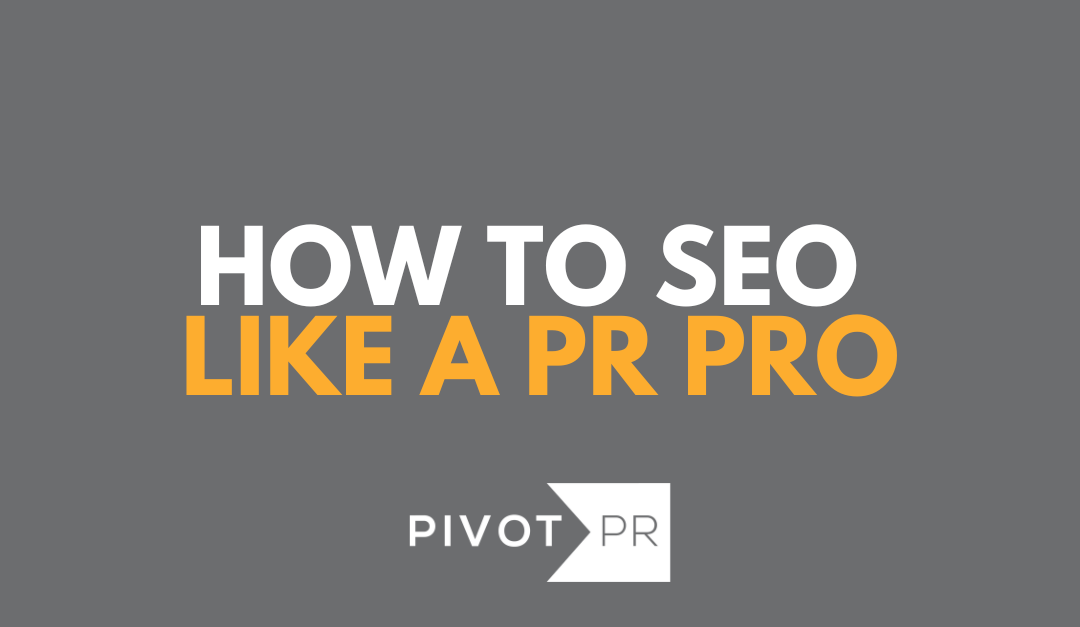We all know public relations includes fundamental tactics such as messaging, content creation, awards, rankings, reviews, and of course, media relations. In a world where search engine optimization (SEO) is imperative to a potential customer’s research online, these PR tools can be leveraged to enhance your organization’s visibility, ranking higher and more frequently in search results. Nearly all industries can benefit, so if you want to SEO like a pro, while practicing PR, here are five search engine optimization vernaculars you can’t go without.
- Keyword Research is the process of identifying specific words and phrases your target audience is using to search for information or products online. Locating and using the right keywords in your content significantly increases the chances of your website ranking higher in search engine results. This helps attract more relevant traffic, making it easier for people to find and engage with your content. Google Trends can be a powerful tool to identify keywords.
- Backlinks are links from other websites pointing to your content and are a crucial piece of the SEO puzzle. Simply put, the more high-quality backlinks your site earns, the more authoritative it appears to search engines. This leads to higher search rankings, which means more people will find your business when searching for related topics. This is where SEO can cohesively work with your PR plan, including media relations and content creation. Providing calls to action and incorporating website links in media coverage will boost credibility.
- External Linking is the process of creating hyperlinks on your website to direct users to other sites. This powerful method can increase the credibility of your page in the eyes of search engines like Google. When incorporating links, it’s important to use natural and relevant anchor text, which are terms that naturally flow in the context of your website.
- No-Follow Links are a specific type of backlink that tells search engines not to pass “SEO value” from the linking site to the linked site. These links don’t help improve your search rankings, but they still drive traffic to your website.
- Domain/Page Authority is a score from 1 to 100 that predicts how well a specific page on your website, or the website as a whole will rank in search engine results. The higher the score, the better that page is likely to rank.
Now that SEO is top of mind, you’ll need a tool to analyze your efforts. Moz Link Explorer measures everything we’ve covered for free- domain authority, keyword ranks, backlinks, and spam scores, and it also lists your top search competitors and includes their visibility score.
